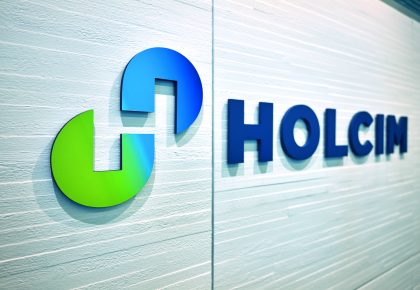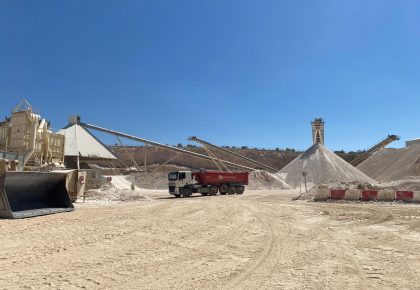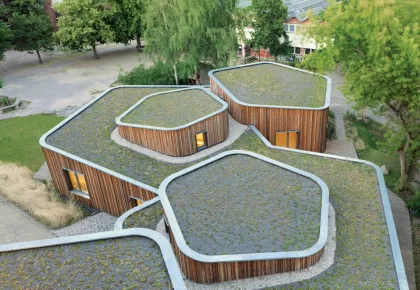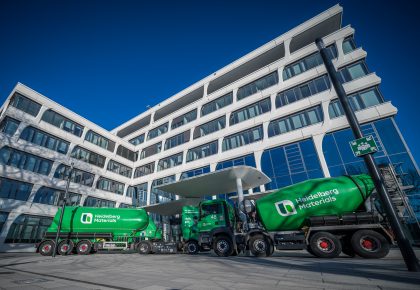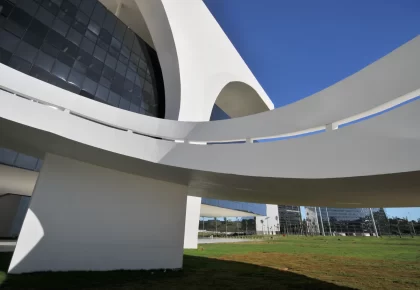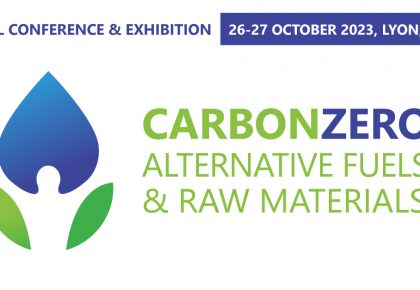The role of Decarbonisation in Circular Economy – Keynote held by Mr. Mahendra Singhi, Managing Director and CEO of Dalmia Bharat Cement India Decarbonisation is a cornerstone of the circular economy, enabling industries to reduce carbon emissions while maximising resource...
- July 8, 2025
- 6 Min Read
Full-year net sales of CHF 27,009m, recurring EBIT of CHF 4,760m and industry-leading recurring EBIT margin of 17.6% Free cash flow after leases of CHF 3,705m Earnings per share[1] up 9% to CHF 5.42 Proposed 12% increase in dividend to...
- February 28, 2024
- 19 Min Read
Cemex Germany continues to invest in more sustainable transport for its products. The building materials company has taken delivery of two fully electric truck mixers from Putzmeister, which will become part of the Berlin truck mixer fleet. Now, even more...
- September 13, 2023
- 4 Min Read
Cemex is strengthening its aggregates supply in Europe with the purchase of two quarries near Madrid as part of its strategic bolt-on acquisition strategy. Madrid and its surrounding areas are currently undergoing major urban expansion. Through this acquisition, Cemex is...
- August 30, 2023
- 2 Min Read
Holcim has acquired INDAR, a leading hardware wholesaler in Mexico with 2022 net sales of USD 71 million. With this acquisition, Holcim adds more than 10,600 additional hardware products to its range of solutions across its Disensa retail network. INDAR...
- March 13, 2023
- 2 Min Read
“We closed 2022 with a very good result thanks to a great finish in the fourth quarter,” says Dr. Dominik von Achten, CEO of Heidelberg Materials. “As part of our Customer Excellence Programme, we were able to more than offset...
- February 24, 2023
- 5 Min Read
2023 will be a crucial year for the built environment in Europe with the publication by the European Commission of the Construction Ecosystem Transition Pathway and the Whole life Carbon Roadmap. This is why the four European associations representing the...
- February 8, 2023
- 3 Min Read
CEMEX announced the launch of a new range of additives of natural origin, designed for a lower carbon footprint. These additives use natural, renewable, locally sourced raw materials, and can achieve up to 70% lower carbon footprint than petroleum-based additives....
- January 13, 2023
- 2 Min Read
Conclusions from various summits, conferences and meetings show that despite unprecedented climate distress, from radical weather changes with regional impact to local phenomena, we are still heading a one-way road towards climate disaster. Pledges are not being kept and solutions...
- December 16, 2022
- 3 Min Read
Heidelberg Materials acquires the Mick George Group, which operates more than 40 sites in the UK including major recycling facilities, aggregates quarries, and ready-mixed concrete plants The company’s fully integrated recycling, quarrying, concrete, and earthmoving business will significantly strengthen Heidelberg...
- December 12, 2022
- 2 Min Read


